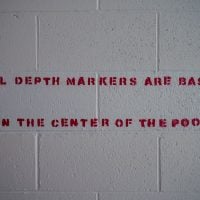Deadline: 23-Jul-2025
The United Nations Educational, Scientific and Cultural Organization (UNESCO) has launched a request for proposals to support Cultural and Creative Industries (CCIs) in Lebanon. This initiative comes in response to the recent hostilities affecting regions such as Tyre and Baalbek and aims to aid in the recovery of cultural and creative actors in these areas.
The call seeks to identify local partners who have remained active in the cultural and creative sectors despite the challenges of conflict. These selected partners will help revitalize cultural life, promote social cohesion, and ensure access to inclusive cultural spaces and events.
CCIs are seen as essential for promoting cultural expression, offering livelihoods, and strengthening community bonds—particularly for youth, women, and vulnerable populations. Through this funding, UNESCO aims to support community engagement and inclusive cultural programming.
Financial support will range from USD 10,000 to USD 23,000 per project. All activities must be implemented within two to three months from the date of contract signing. Projects must take place in Tyre or Baalbek and focus on inclusion, creativity, and the reactivation of cultural spaces.
Eligible activities include initiatives that promote cultural participation, support collaboration among cultural actors, and create accessible, creative programs for local communities. Applicants must be formal cultural institutions based in Tyre or Baalbek and operational there for at least 24 months prior to this call.
Organizations should have a strong track record of working with youth, women, and vulnerable communities. Priority will be given to those directly impacted by the conflict or who have continued cultural activities during and after the hostilities.
International organizations operating in Lebanon are not eligible for this opportunity. Applicants must submit a completed proposal form, organizational structure, bios or CVs of main team members, and official documentation such as a notification of establishment, proof of registration, and bank account details.
Additional documentation includes evidence of two years of cultural engagement and a detailed budget and timeline for the proposed project.
For more information, visit UNESCO.









































